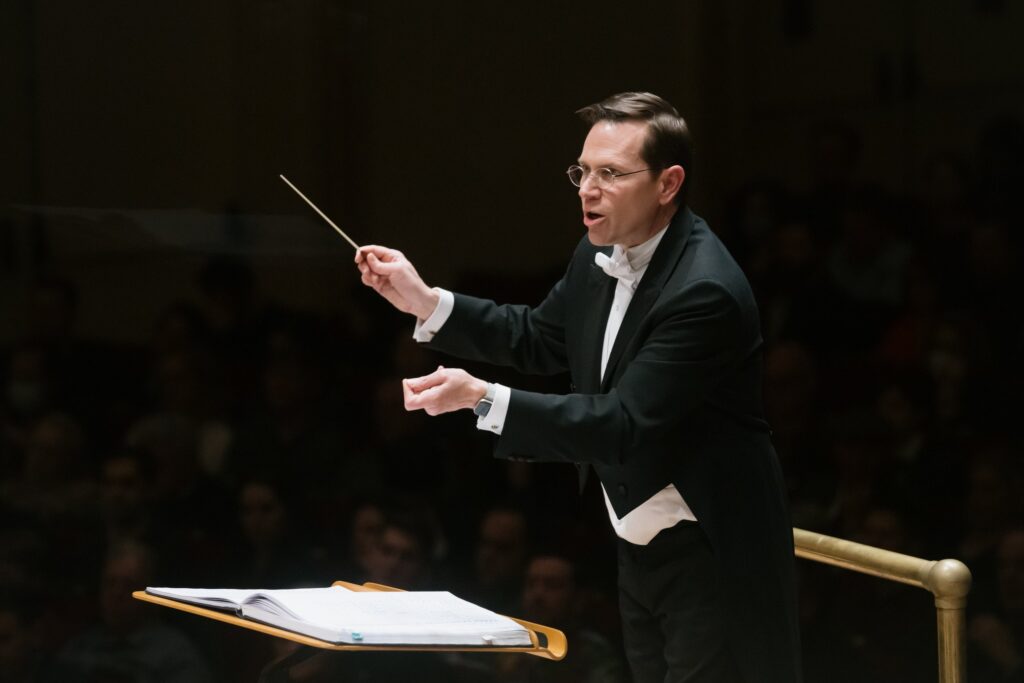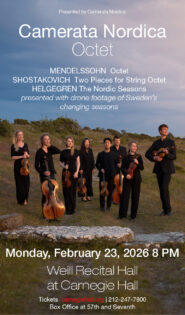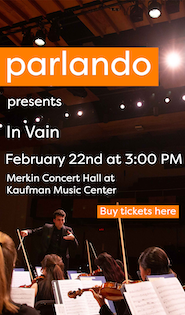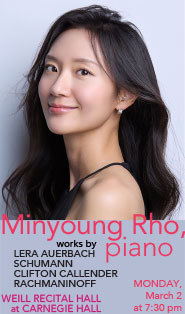Choral Society, soloists deliver a worthy Verdi Requiem at Carnegie

This is the Lenten season, always a good time for requiems in classical music. And while there are many fine ones to play, it is sometimes a tricky thing, adapting them to the concert hall.
That was the challenge for the Choral Society and Orchestra of Grace Church Friday night in Carnegie Hall. With John Maclay conducting, and vocal soloists soprano Michelle Trovato, mezzo- soprano Helen Karloski, tenor Scott Ramsay, and bass-baritone Enrico Lagasca, the ensemble played Verdi’s Requiem. That one may be the trickiest requiem of all, and the challenge was mostly, but not completely, met.
What makes Verdi’s Requiem unique is its scope and character. Behind the soloist is an enormous chorus, and that’s because in this earthy, Italianite setting, Verdi’s God is passionate, wrathful, mercurial—an Italian Catholic view. This is far more viscerally a mass for the dead than, say, Mozart’s Requiem, with wild swings of expressions meant to both terrify and comfort the listener. It’s a requiem as well as a mass, and that’s crucial.
Friday night in Carnegie, the performance didn’t quit reach the wildest edges but was solid at the core. Another way to look at it was, by playing it like concert music, the most lyrical parts, those that fit most easily into mainstream classical performance, were well played and sung, but that cut away the heart of the liturgical fervor.
This was the way across the massed ensemble and soloists. The opening Kyrie had lovely singing and playing from choirs and orchestra, with superb string intonation.. With the singers arranged in mixed groups of voices, they produced a rich sound that hinted at the possibilities of an expressive edge in the Deus irae. That had a robust energy but no real vehemence or anxiety. It was big but not haunting.
The soloists seemed to model this approach as well. Trovato had impressive power and fullness to her voice to carry through all the musicians behind her. She did push to get at the real fire, but lost some control with that, as did Ramsay, who’s voice cracked a couple times in the highest part of the Ingemisco. In the Hostias, though, his singing was gorgeous, his voice coming with ease through graceful phrasing.
Karloski had a fine sound, but it was on the gentle side, and needed the solo in Lux aeterna to display her shine and musicality. Lagasca was consistently excellent all evening, with a full, clear sound and plenty of projection. He also chose the perfect energy and mood for whatever he was singing, from ensemble passages to his solo in the Offertorio.
There was a curious, double-edged decision in this presentation to have an intermission between the Lacrymosa and the Offertorio. While this mitigated against the mass feel, it did work musically, highlighting all the individual character of the final sections. The music here is much closer to extracts from Verdi operas, and as a sort of capsule section, it was well done and gave the soloists the chance to show their talents.
The concluding Libera ma was terrific, with Trovato singing with palpable expression and a beautiful sound. It was unfortunately also marred by a couple non-musical oddities. The first was a patron who started whistling and clapping in the tiny pause before the coda, with Maclay and the musicians poised for the downbeat. Then in the final pages, an ailing chorus member collapsed and sat on the floor of the stage, comforted by others. While an unfortunate incident, potential in any live event, it brought an unsettling edge to a performance that had just started to reach its peak.



